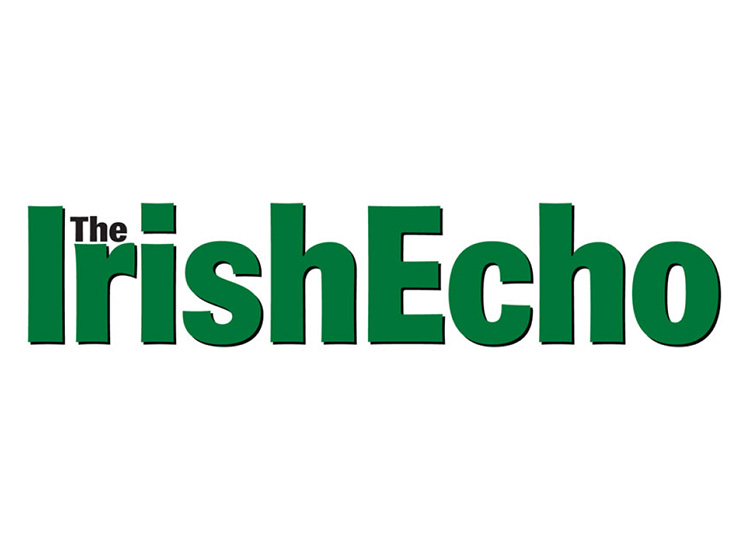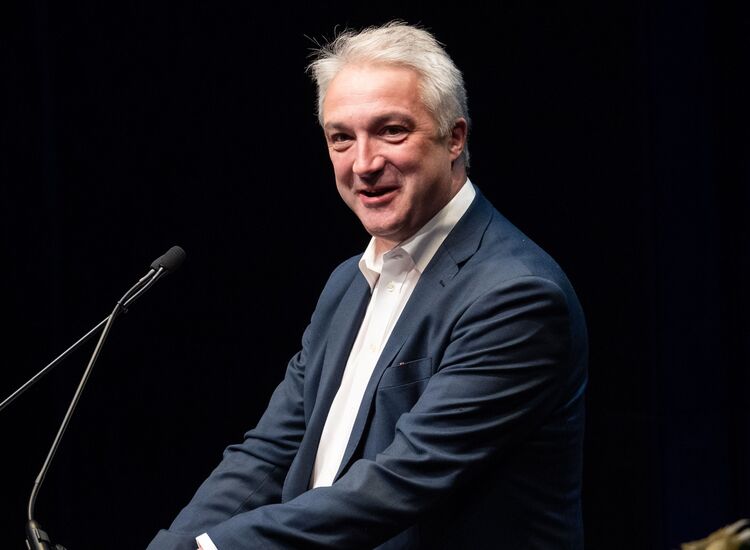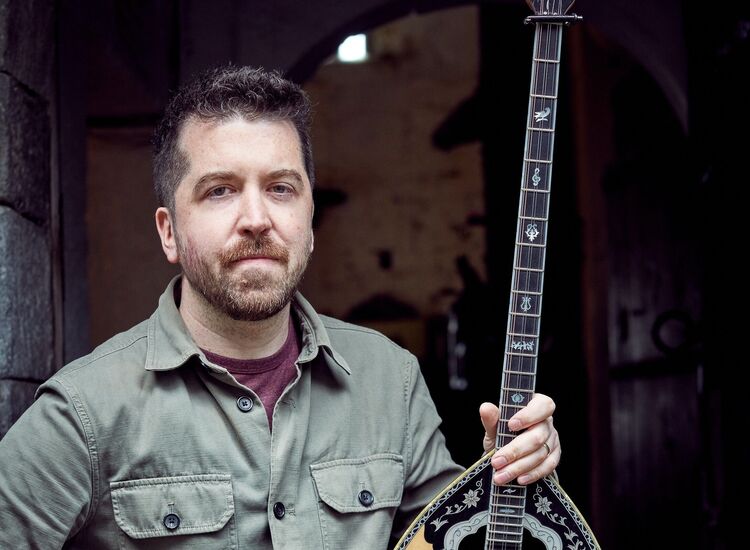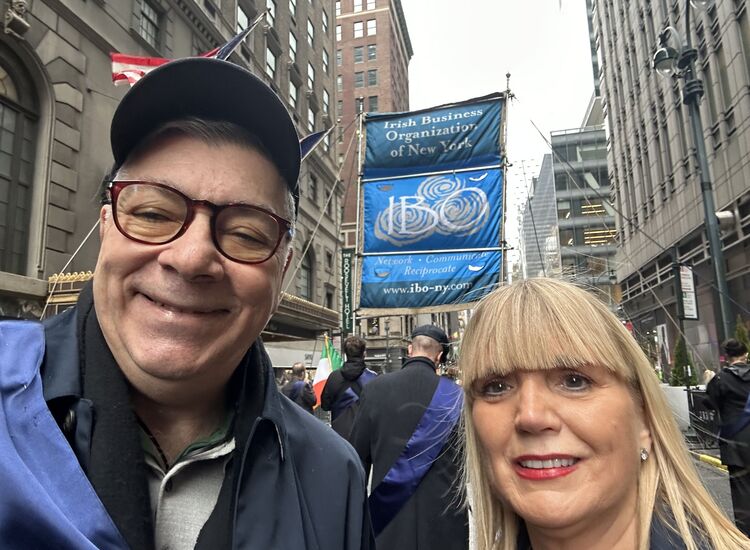The recent Irish presidential election brought to an end a campaign that, after several months, had assumed a circus-like character. The procedure diminished the extraordinarily good impression Ireland had given to the world on the occasion of the visit by Queen Elizabeth.
Controversy surrounding the election distracted the Irish public from serious lingering public issues, especially a forthcoming budget containing cutbacks and tax increments that will be especially onerous.
The presidential electoral struggle also warped the non-political character of the office.
Even though selected by a popular election, the president, as head of state, is supposed to be above politics with primarily representative and ceremonial duties.
The few real powers of the office, such as refusing to call for dissolution of the Oireachtas when a government loses its majority, or asking for a judicial ruling on the constitutionality of passed legislation, are rarely exercised.
The unopposed first president, Douglas Hyde, the founder of the Gaelic League, was proposed and accepted primarily because he was not identified with any of the opposing factions in the Civil War rivalry that persisted almost to the present in Irish politics.
Unfortunately, that precedent did not continue, as most of the contested elections, especially those of 1945, 1959, 1966, and 1973, were rehashing of old Civil War bitterness between Fianna Fáil and Fine Gael, with the former winning all the time, but not always decisively.
The Presidency of Patrick Hillery, 1976-1990, even though he was a former Fianna Fáil minister, was the least political since Hyde's. His unopposed selection was a means of calming political fevers following the resignation of President Cearbhall Ó'Dalaigh, who had resigned from office because of criticism by a Fine Gael minister.
Hillery was selected unopposed for a second term in 1983, again after a politically bitter two years in which there had been three national elections.
In 1990, Mary Robinson, an independent endorsed by the Labour Party, and in 1997 Mary McAleese, backed by Fianna Fáil, won contested elections, although McAleese was unchallenged for her second term.
Much of the silliness connected to the most recent election was a result of the means by which a candidate can get on the ballot: that is, endorsement by at least twenty members of the Oireachtas, they being Dáil or Seanad members, or by four county councils.
No doubt these nominating procedures were prompted by the view that they would result in having candidates who would be senior political figures, or highly regarded public personalities.
This year the failure of Fianna Fáil to run a candidate, Sinn Féin's shrewd effort to take that party's place as the major opposition party to the Fine Gael/Labour coalition, and the entry of four independent candidates via county council endorsements, all sparked a transformation from what promised to be a conventional right-left struggle between the governing partners, Fine Gael and Labour, to the uncertain contest it became with public opinion polls varying from week to week.
In the earlier stages of the campaign, especially when it appeared that the independent David Norris was uncertain as to the likelihood of getting on the ballot, there was a groundswell of demands, especially in very liberal circles, that access to the ballot should be easier, perhaps simply by petition of a designated number of voters.
Ironically, the same commentators were considerably less outraged when it seemed for a while that Dana Rosemary Scallon might not get on the ballot. For her own professional and financial wellbeing, it might have been just as well had she not succeeded.
In reality, the selection of the Irish president would be much better if it was taken away from the electorate altogether. Ireland is a democracy because the people elect the Dáil, which in turns elects the government. There is no more need for the president to be popularly elected than the justices of the Supreme Court, or the chancellor of the National University.
Many other parliamentary democracies, like Germany, have a president as head of state rather than head of government. But unlike Ireland, their presidents are not popularly elected.
The usual pattern is for both houses of parliaments, as well as representatives of local governments, to meet together as an electoral college and select the president, usually requiring a majority of votes, even if such necessitates a number of
ballots.
Since there are usually more than two parties in these countries and governments reflect coalitions, whoever is elected would have to be acceptable to more than just one party.
Now that there is serious talk of constitutional revision, the Irish should think of changing the presidential selection in a manner comparable to other parliamentary democracies.
The electoral college could consist of the entire Dáil and Seanad and a equal number of local government councilors (drawn proportionately from party membership on those bodies). The voting could be by the single transferable vote, making a probable victor dependent on the second choice of many members.
Such would guarantee that whoever was selected would have the support of a substantial portion of elected officials and that single issue or celebrity candidates would rarely appear.
The election of Michael D. Higgins no doubt reflects the Irish public's impression that he, more than any of the other candidates, understood the nature of the office and, on the basis of his life-long career in politics, would conduct himself appropriately.
The same would have also applied to Gay Mitchell, the Fine Gael candidate. Alas, his party, over confident because of its earlier victory in the February general election, didn't take the campaign seriously.
The election of a decidedly left wing member of their partners in government should make Fine Gael apprehensive about the future, especially when inevitable tensions will develop between them and Labour over the painful formulation and implementation of further cost-cutting.








